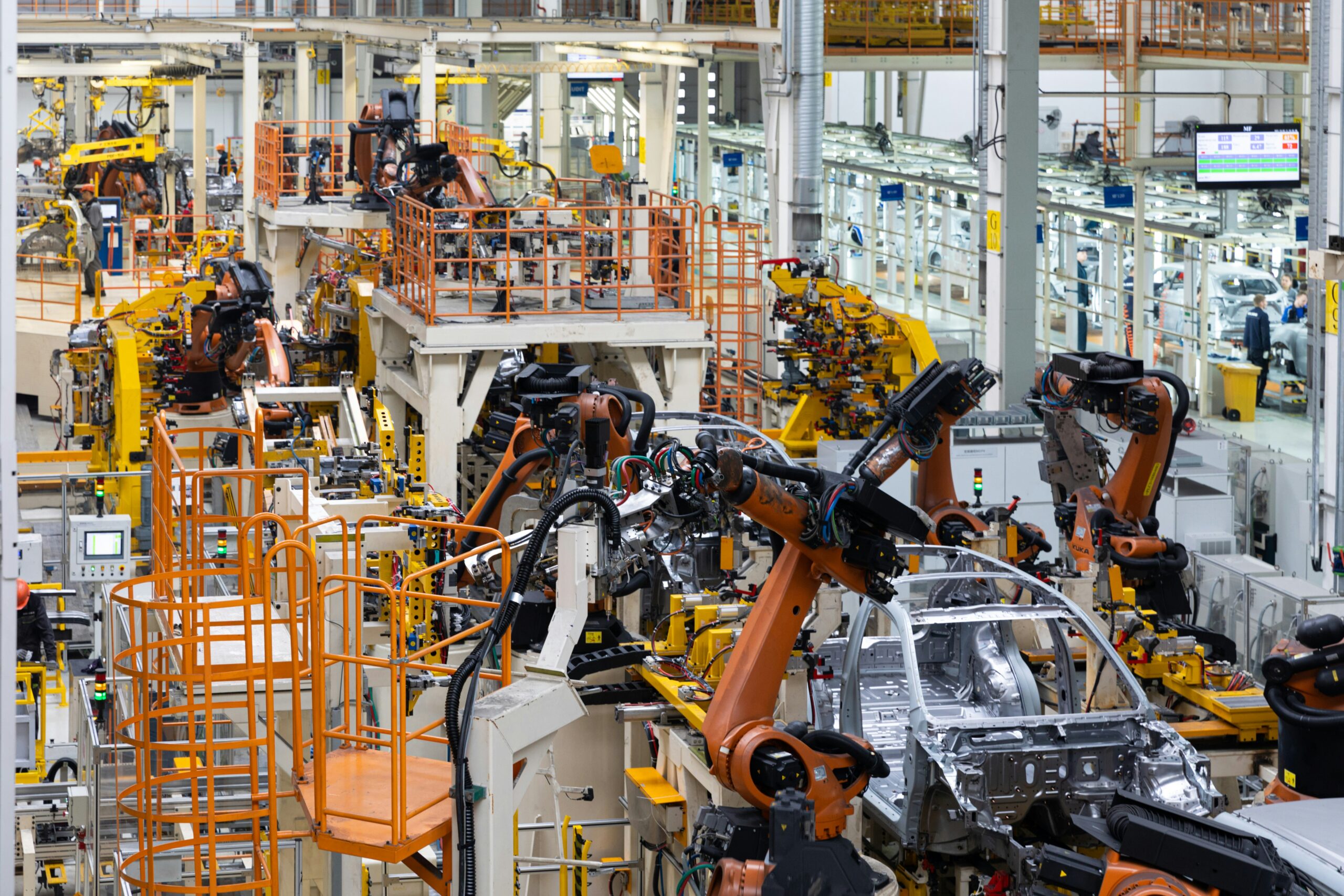
Industrial engineers play a pivotal role in the functioning of modern industries, contributing to efficiency, cost-effectiveness, and optimization across a range of sectors. Their expertise in streamlining processes, improving productivity, and ensuring safety and quality is essential in today’s competitive and fast-paced industrial landscape. This article explores the critical functions industrial engineers perform, the skills they bring to the table, and the diverse industries where their impact is felt.
Optimizing Operations for Maximum Efficiency
One of the primary responsibilities of industrial engineers is to optimize production and operations within manufacturing and service industries. Through detailed analysis of existing systems, they identify inefficiencies and implement solutions to improve workflows. By applying principles of engineering, mathematics, and economics, industrial engineers develop methods to reduce waste, shorten production cycles, and increase throughput without compromising quality. Whether it’s improving assembly line processes or optimizing supply chains, industrial engineers are key players in making operations more cost-effective and efficient.
Enhancing Product Quality and Safety Standards
In addition to efficiency, industrial engineers are instrumental in maintaining high standards of product quality and safety. They often work closely with quality control teams to ensure that products meet or exceed industry standards. Their expertise in ergonomics and human factors also plays a significant role in improving workplace safety, preventing accidents, and designing systems that reduce the risk of injury. By assessing work environments and manufacturing practices, industrial engineers ensure that both the products produced and the people involved in the production process are safe.
Data-Driven Decision Making and Technology Integration
Industrial engineers are also at the forefront of incorporating technology and data analysis into industrial operations. With the rise of big data, artificial intelligence, and machine learning, these professionals leverage data to make informed decisions that lead to process improvements and operational enhancements. Their ability to analyze vast amounts of data and interpret the results allows them to predict trends, forecast demands, and optimize resource allocation. Technology integration, whether through automated systems or the implementation of new software tools, has become a crucial aspect of the role of industrial engineering in today’s industry.
Supply Chain and Logistics Management
Another vital area where industrial engineers make an impact is in supply chain and logistics management. They ensure the smooth movement of materials, products, and information throughout the supply chain, minimizing delays and costs. Optimizing transportation routes, warehouse management systems, and inventory control helps companies maintain a steady flow of goods while minimizing excess stock and the associated costs. Industrial engineers also analyze market demand and production capabilities to forecast inventory needs, which is especially important in industries like retail and manufacturing.
Versatility Across Industries
While industrial engineering is often associated with manufacturing, the skills of these professionals are applicable across a wide range of industries, including healthcare, aerospace, retail, and logistics. In healthcare, for example, industrial engineers may focus on improving hospital operations, optimizing patient flow, or designing systems that reduce waiting times. In aerospace, they contribute to the development of systems to maintain quality standards and ensure that complex systems are manufactured efficiently and safely. Industrial engineers are adaptable and versatile, bringing their problem-solving skills to virtually every sector where efficiency and optimization are crucial.
Industrial engineers are indispensable in today’s fast-paced and competitive industries. Their unique blend of technical expertise and business acumen makes them essential in improving processes, reducing costs, enhancing product quality, and ensuring safety. As industries continue to evolve, the demand for skilled industrial engineers will only grow, highlighting their essential role in shaping the future of global manufacturing and operations. Their ability to apply engineering principles to a wide variety of sectors ensures that industrial engineers will remain central to driving progress in an ever-changing industrial world.